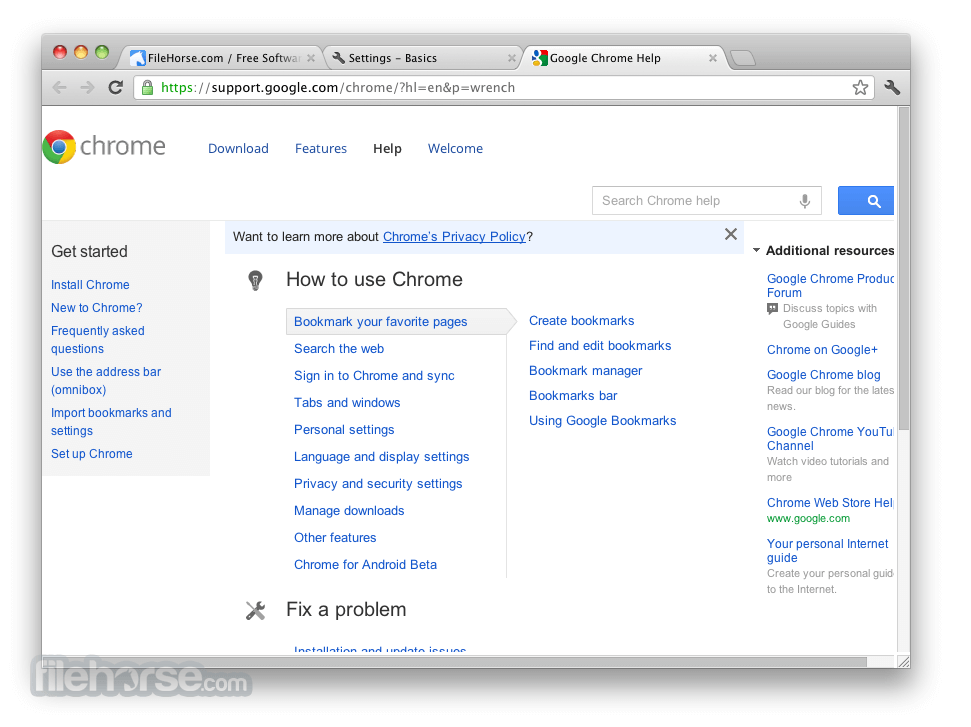
- GOOGLE CHROME FOR THE MAC FOR MAC
- GOOGLE CHROME FOR THE MAC UPDATE
- GOOGLE CHROME FOR THE MAC PRO
- GOOGLE CHROME FOR THE MAC VERIFICATION
It says that Speedometer 2.0 is the “most reflective of the real world, and most broadly used today” when it comes to comparing the JavaScript performance of browsers.
GOOGLE CHROME FOR THE MAC UPDATE
Update 3/15: In a follow-up blog post this week, the Chrome team provided more details on this milestone.
GOOGLE CHROME FOR THE MAC PRO
This was tested on a M1 Max MacBook Pro running macOS 12.3.1. Update 6/6: After announcing a Speedometer score of 300 in March with Chrome 99 for Mac, Google says version 1.0 (arm64) - currently in Canary - is now 20% faster at 360.

GOOGLE CHROME FOR THE MAC FOR MAC
The company touts a handful of speed improvements, including with the Speedometer benchmark, on both Chrome for Mac and Android. I probably not rely on advice from here again.Google is continuing its work to speed up Chrome with version 99 released last week.
GOOGLE CHROME FOR THE MAC VERIFICATION
Now it's my word against his.Īnyway tom's guide's almost blind replication of Birchter's article without any commentary or independent testing or verification of his claims has killed my opinion of it. I use chrome and have it configured to run apps in the background too so it can be quite resource hungry at times, however it's never been the source of any performance issues. I would argue that the stats suggest he is in the minority. Birchter claims that Keystone has been a thorn in the side of mac users since 2009. Various counts put Chrome global market share at ~65%-71% of ~3.734bn-4.66bn unique users. In fairness Birchter's appears to be an edge case I'm not saying that Chrome hasn't or doesn't cause performance issues in certain scenarios/environments, but I do think that it isn't likely to be that many people (as in all software). This tends to mean that anything bad could and would have been spotted and fixed, in my opinion. I don't know much about Keystone, except that it's open source, which means anyone can peak inside. His recommendations are subjective, so I wouldn't take his advice.

His claims are anecdotal and he provides no evidence or even detail about them. I'm really disappointed to see that article posted on tom's guide! Loren Brichter's website isn't particularly well written.


Check the following folders: LaunchAgents, LaunchDaemons, Application Support, Caches, Preferences.In the Finder click the Go menu (at the top of the screen), then click "Go to Folder.".Go to your /Applications folder and drag Chrome to the Trash.But here are some steps to follow to get rid of Chrome within macOS. The bad news is that the process is not as straightforward as dragging the icon to the Bin. But if you're still experiencing slowdown, you'll want to remove Chrome and Keystone. If you’re experiencing issues with Chrome, clearing your cache, cookies and site data can be a good first step in helping improve your Mac’s performance.


 0 kommentar(er)
0 kommentar(er)
